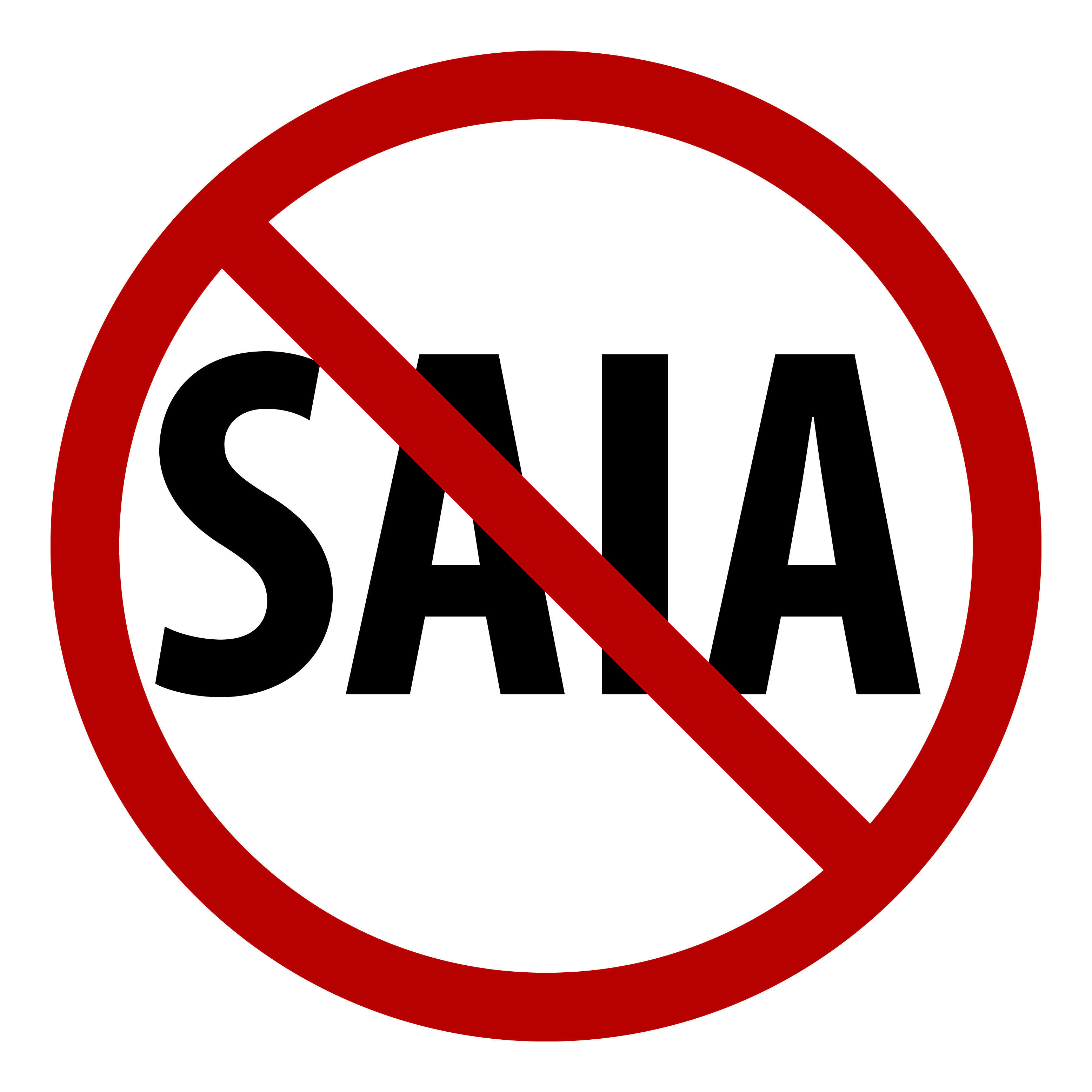As a first-generation Canadian of Jewish decent, and having had many family members killed in Auschwitz and Sobibor concentration camps, the Jewish New Year (Rosh Hashanah) is a time for sober reflection on our history and future. Sadly, a disproportionate share of these thoughts revolve around the current policies and actions of the state of Israel against the people of Palestine — policies and actions that purport to represent the Jewish religion, people and ethnicity.
Professor of Jewish studies Marc Ellis puts it well: “Yes, [there has been] persecution, exile, Holocaust and return, [ . . . ] [but] no presentation of Jewish history makes sense without including what [Israel] [has] done and are doing to the Palestinians.”
Part of the acceptance in which Ellis encourages, and is a key step in any peace process, is a simple acknowledgement of history. Israel’s argument against the Palestinian call for statehood seems to be firmly rooted in a studied lack of remembrance and refusal to accept remorse for Al Nakba, which means “the catastrophe” in Arabic. Al Nakba was the forced exodus of the Palestinians from their homeland in 1948.
Ellis’s comments are directed to President Barack Obama, who showed some miniscule promise on the Israel-Palestine file and was then pressured to back off. Here in Canada I am certain our federal government has its own reasons for standing against Palestinian statehood. One obvious concern is Canada’s own colonial history of occupation against Aboriginal Peoples; after all, to remember Al Nakba is to be reminded of our own history.
As for Israel, the stakes are admittedly high. Israel has put all its security eggs in the military basket, and overstuffed it with a cushion of propaganda. Recall “Operation Cast Lead,” the brutal 2008 military assault on an imprisoned population of 1.5 million Gazans, and the use of white phosphorus, a chemical weapon, in densely populated areas. More recently, recall the histrionics of the Canadian and Israeli governments when a flotilla full of aid and human rights activists tried to land in Gaza, in defiance of Israel’s blockade of the territory. And let’s not forget imposing so-called security walls and fences surrounding countless Palestinian communities.
Regardless of these actions, I fail to understand how Palestinian statehood at the UN is any threat to Israel, let alone Canada. An Israel that abides by international law, welcomes diversity, and cherishes democracy and human rights has nothing to fear from treating Palestinians like full human beings and equal partners in the region. The sensational images of Islam paraded through TV news shows and newspaper pages these days are as dishonest and hateful as the most vicious anti-Semitic slur: both are designed to invalidate an entire group and justify policies and practices stripping them of their rights and dignity. Neither qualifies as fair comment.
Yet the defenders of Israel’s policies will throw up their hands and proclaim: “It’s a complex situation” and deign to suggest that critics of these policies are vehemently anti-Semitic. Of course, it’s complex. But not too complex for us to see that Israel is denying Palestinians their most fundamental rights: access to government services, housing, water, land, healthcare, legal protection, mobility and civil society — even access to their own history. This is no secret.
Regardless of the propaganda from politicians on any side of the Israeli occupation of Palestine, it seems clear to me that the Palestinians are resilient and compassionate. As Israeli journalist Amira Hass aptly emphasized in a speech in Winnipeg on Sept. 30, the start of Rosh Hashanah, there is widespread acceptance among Palestinians that, with a just peace, Israelis and Palestinians can live side by side, whether under one, two or ten states.
The governments of the U.S., Canada and Israel clearly have the upper hand in terms of military might, diplomatic reach, and just plain resources. I feel the fact that Arab Spring democracy movements in the Middle East have unsettled Israel has less to do with Israel’s fear of so-called hostile Arab neighbours, and more to do with the government’s fear of being exposed as a government imposing apartheid policies — as defined by the International Criminal Court Rome Statute — on segments of its population. Still, many people refuse to question the oppression of the Palestinian people and in fact deny to this day that it is happening — a disservice to the memories of my family members who were interned in concentration camps and ultimately killed by an oppressive regime, based on their religion and ethnic origin.
One concrete way to remember is to welcome Palestine into the United Nations as a state. The resilience of the Palestinians — much like the resilience of family members in my own Jewish history — has made this moment possible, and now it’s our turn to make it work.
David Jacks is a double major in international development studies, and rhetoric, writing and communications.



“. . . I fail to understand how Palestinian statehood at the UN is any threat to Israel, let alone Canada.”
So you forgot the fact that the Palestinians still haven’t dumped Hamas from their government?
“I feel the fact that Arab Spring democracy movements in the Middle East have unsettled Israel has less to do with Israel’s fear of so-called hostile Arab neighbours, and more to do with the government’s fear of being exposed as a government imposing apartheid policies . . .”
And the Islamist overtones of Egypt’s transitional government have absolutely nothing to do with it?
Be as critical of Israeli foreign policy as you please – I certainly am – but don’t think they’re completely bereft of an argument here.